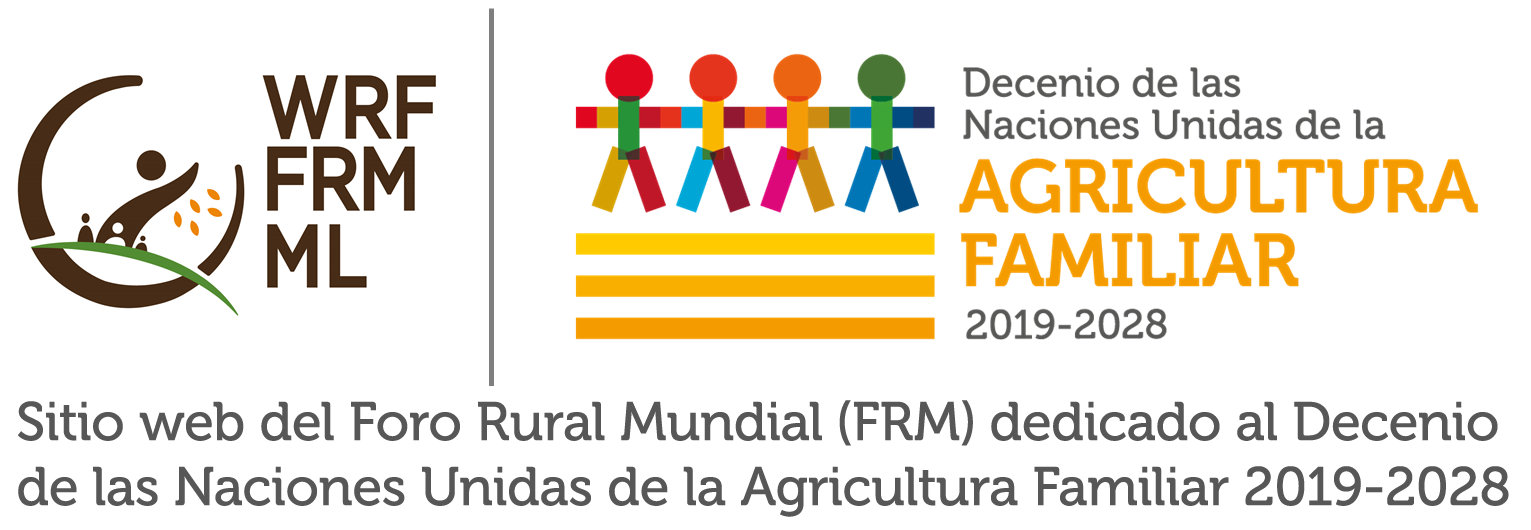Family Farming requires genuine public support which is non-existent today in most countries
Family Farming, whose role and potential as a guarantee of food security is not sufficiently recognized, produces 70% of the food consumed in the world and 40% of world households depend on this activity. Therefore it is the most efficient means to combat Hunger and Poverty.
In addition to this, the bond between family farmers and their environment makes them a guarantee of sustainable management of natural resources. Not to mention that family farming protects agro-diversity through the use of native seed varieties and livestock breeds, well adapted to various environments.
All this contribution is a reality but, nevertheless, Family Farming remains forgotten and neglected in many countries.
The International Year of Family Farming IYFF-2014, declared by the United Nations’ General Assembly, is an initiative promoted by the World Rural Forum and supported by over 360 civil society and farmers’ organizations, as well as institutions. This worldwide celebration aims to become a tool to stimulate active policies for sustainable development of agricultural systems based on farmer families, peasants, communal units, indigenous groups, cooperatives, pastoralists and artisanal fishing families.
Main demands
To claim such support, family farming organizations agreed on January 22, 2014, the Abu Dhabi declaration, which states five main demands to be forwarded to decision makers during the IYFF-2014. The demands are listed below in summary form (for more details, please consult full document):
- Each nation should have the right to develop its own food production as the basis for Food Security on the way to achieving Food Sovereignty, taking into account climate change as one of the serious threats to Family Farming.
- Governments must assume as an urgent priority the implementation of the Voluntary Guidelines on the Responsible Governance of Tenure of Land, Fisheries and Forests which they themselves approved within the Committee on Food Security -CFS-.
- In order to promote Family Farming, nations the majority of whose population is active in agriculture must proceed with the transparent and adequate allocation of financial resources to national agriculture budgets. The same criteria should apply to development aid and public investments on the basis of the meaningful participation of family farmers’ organisations as well as other Civil Society entities.
- Institute the equality of rights between men and women family farmers. Women who live and work in rural areas are frequently discriminated against in terms of equitable access to productive resources such as land, water, credit and extension services.
- Policies in favour of the insertion of youth in agriculture must be approved, taking into account that only genuine public support to Family Farming will make this profession attractive to them.

